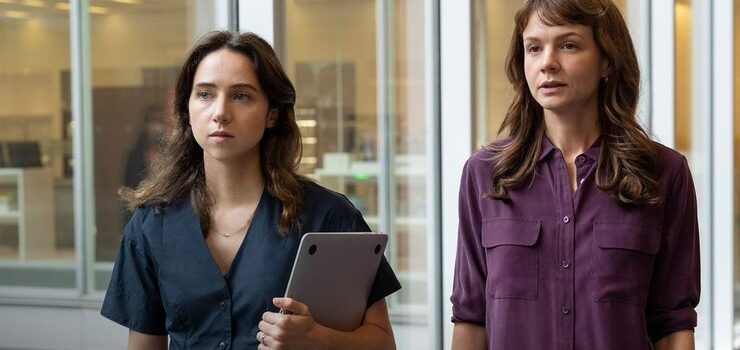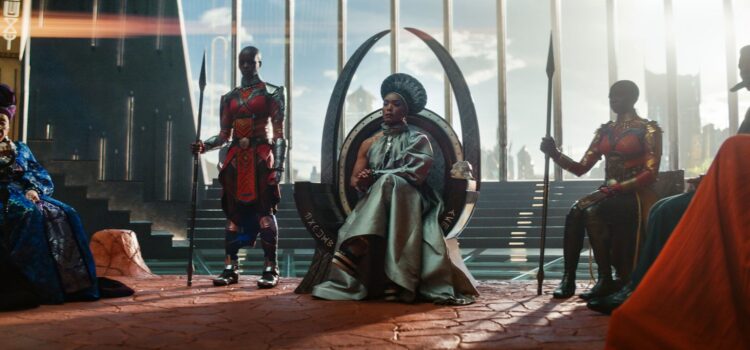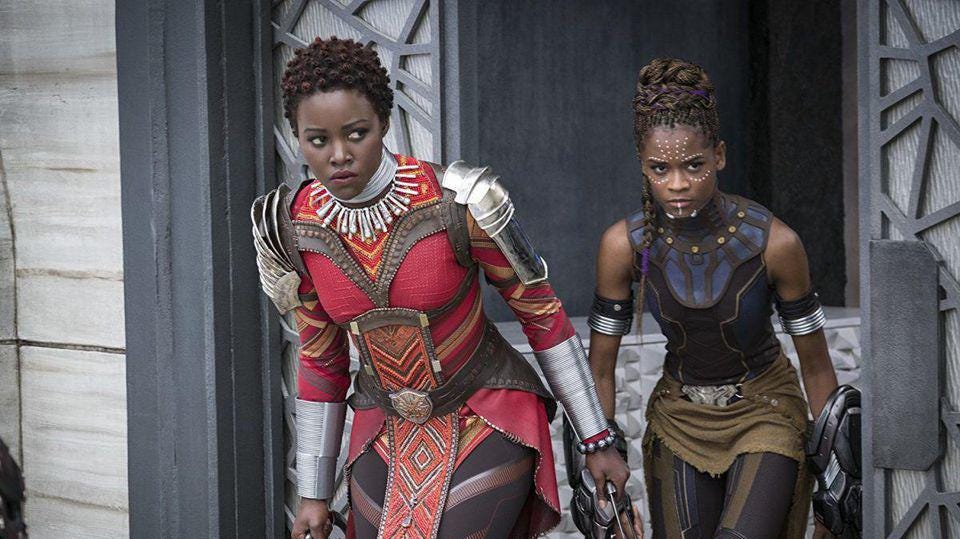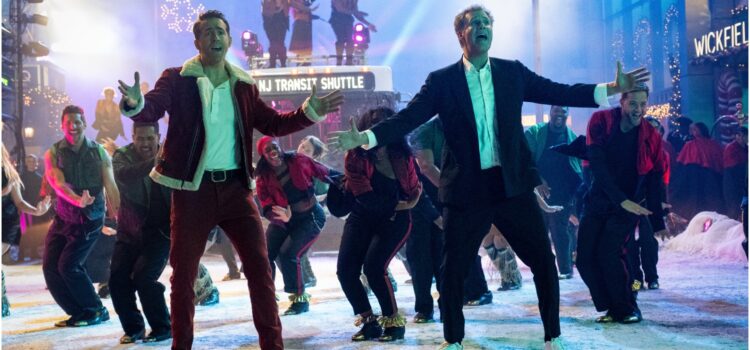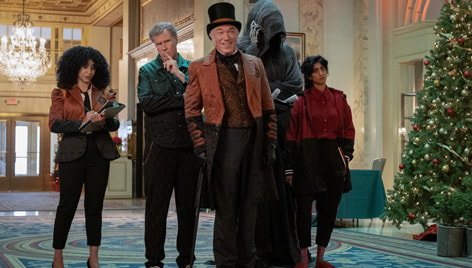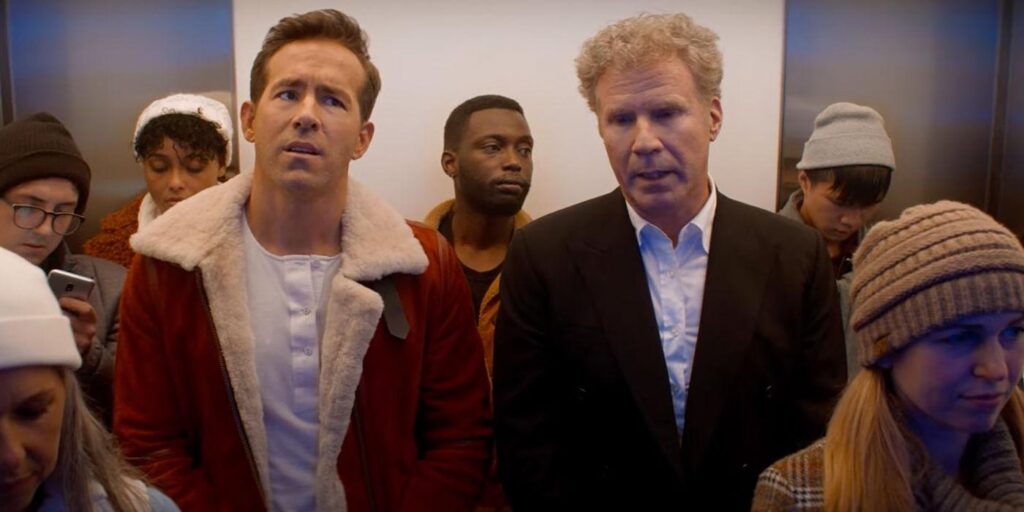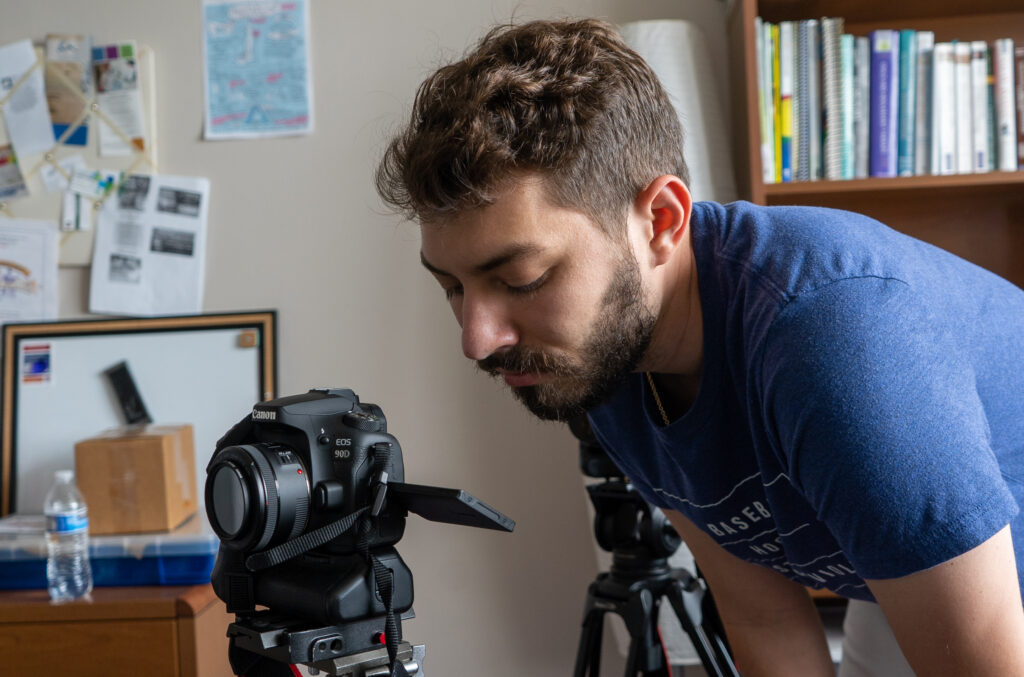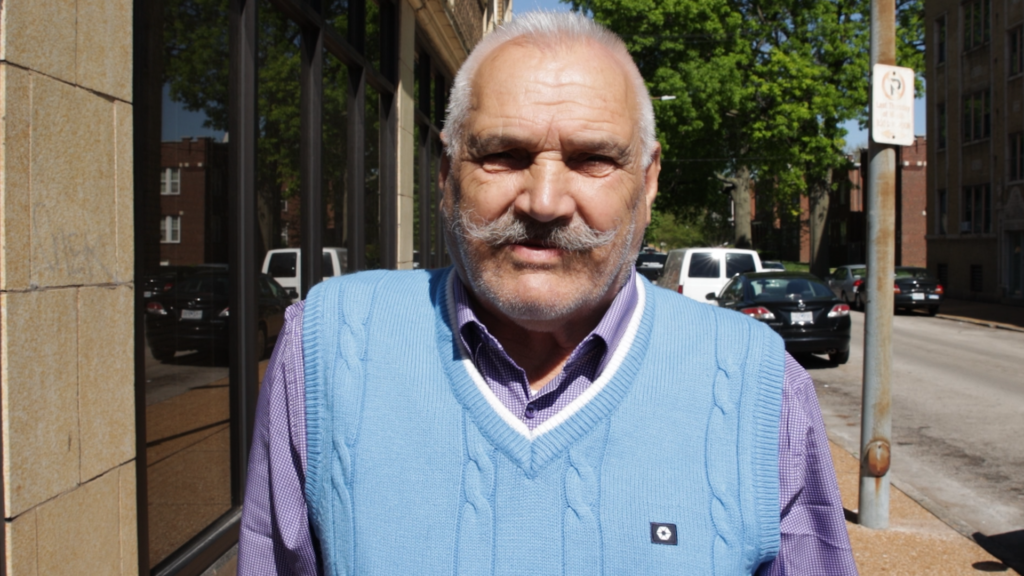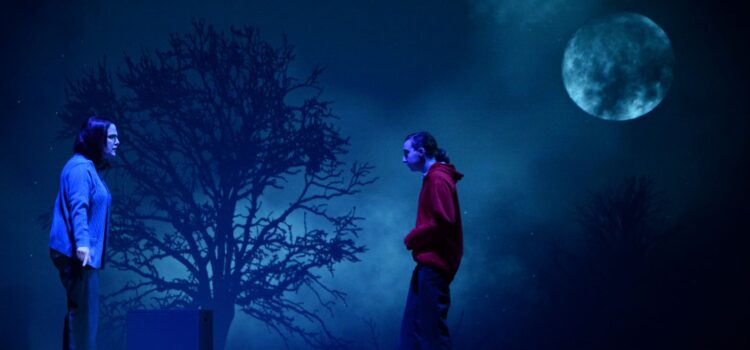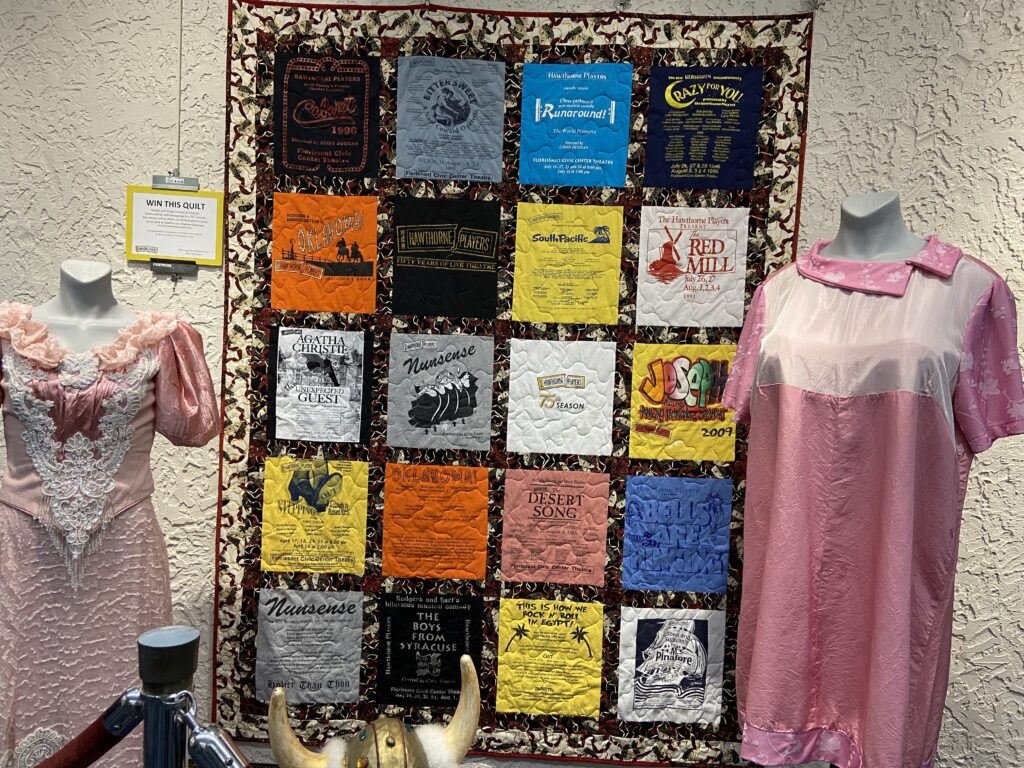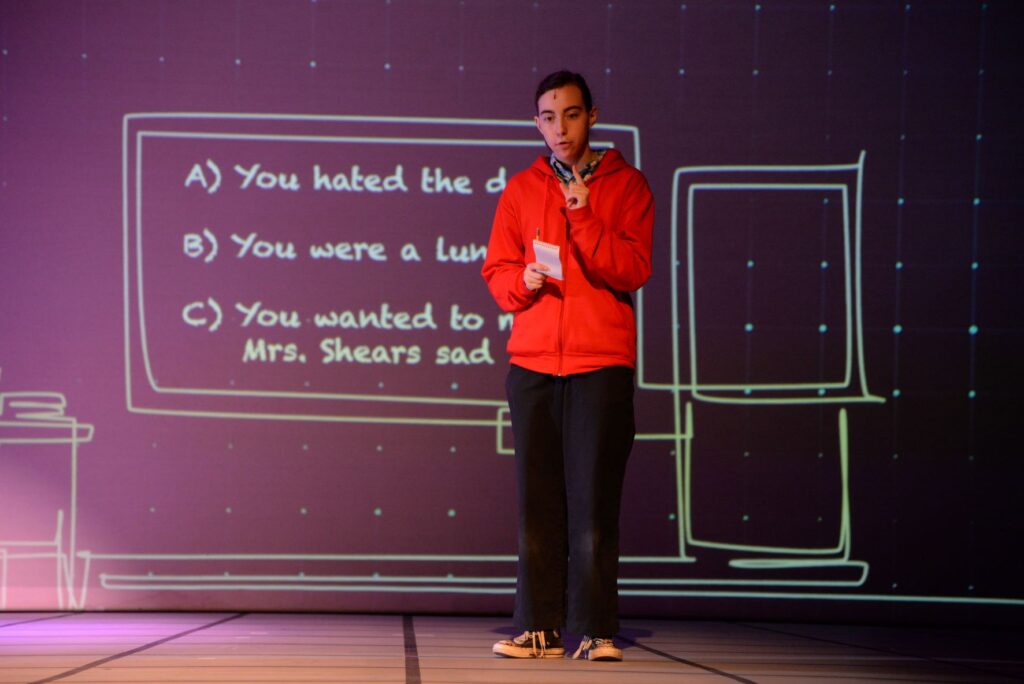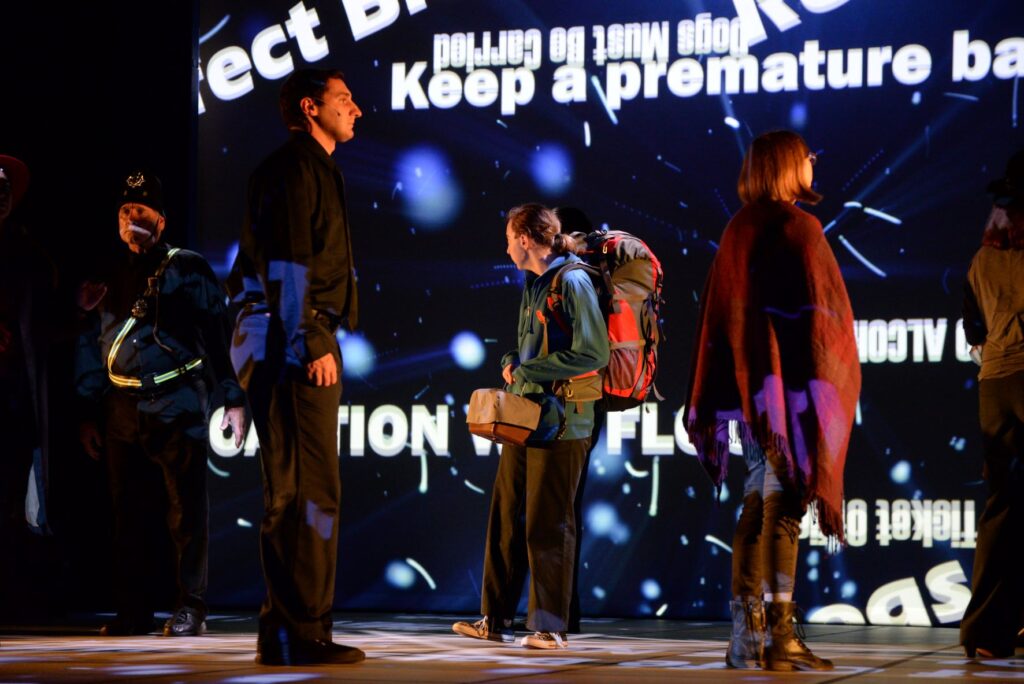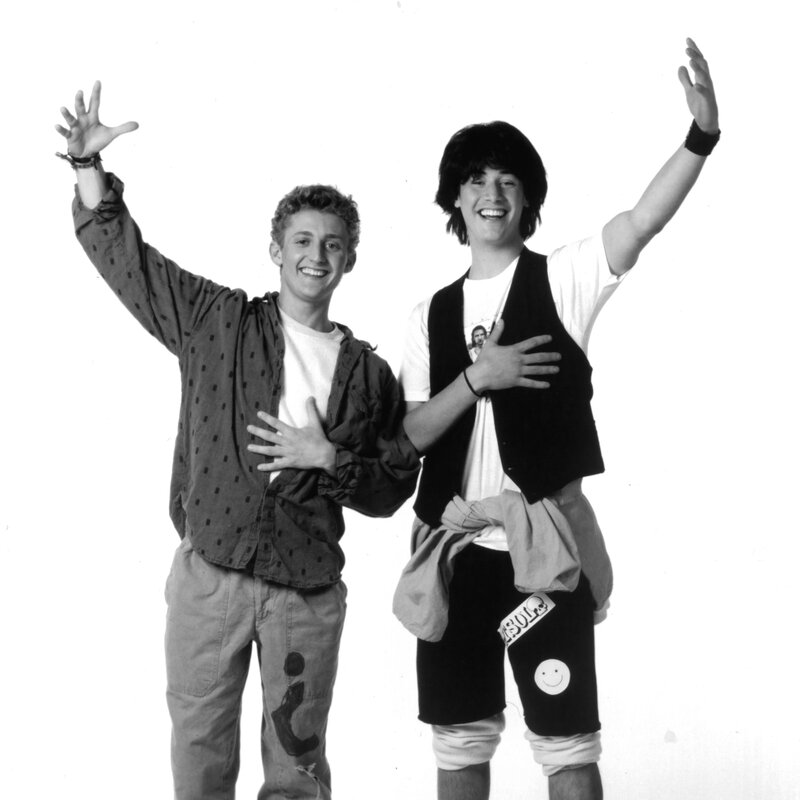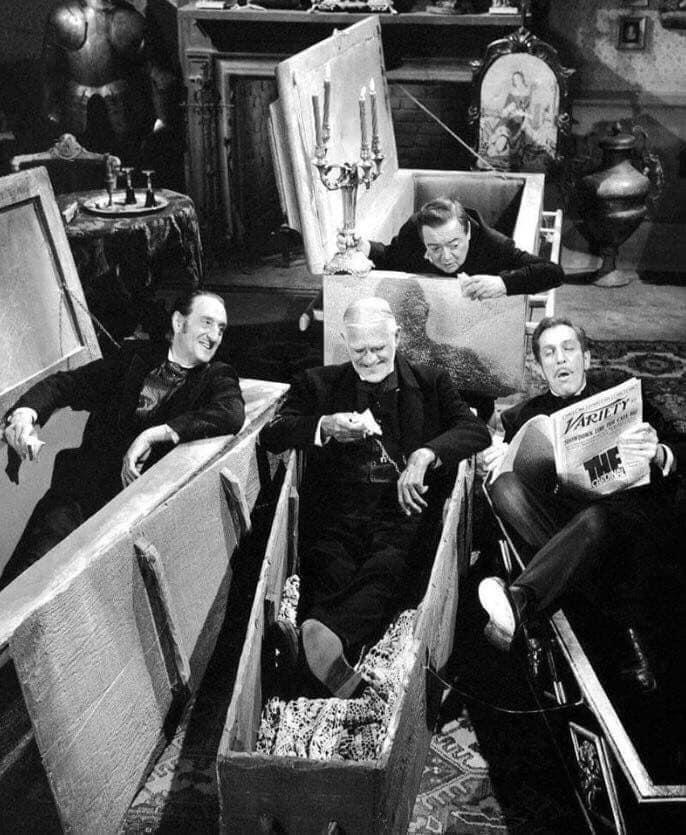The ELO Tribute Band will Headline Show at Delmar Hall on Thanksgiving Eve Nov. 23
By Lynn Venhaus
Majestic splendor.
That’s the sight, sound and the vibe of Mr. Blue Sky, the St. Louis-based Electric Light Orchestra tribute band that makes sure every multimedia production is authentic.
With its 10 bandmates and dazzling visual imagery taking the audience both back in time and into the future, their intricate harmonies and musicianship stand out.
When Mr. Blue Sky takes the stage at the Delmar Hall on Nov. 23, the third time’s a charm for they have sold out that venue twice before (Hint: get tickets now, for the night before Thanksgiving is considered the biggest night out of the year. Tickets are available through Ticketmaster (see link at end of article). Doors open at 7 p.m., show starts at 8 p.m. Delmar Hall is at 6133 Delmar Boulevard.
Local legend Steve Ewing from the Urge (and Steve’s Hot Dogs) will open the show with his duo.
This special night will be different from their triumphant appearance at the Chesterfield Amphitheater two months ago (where they drew 1,500 people), for they like to mix it up for every appearance.
Veteran St. Louis musician Jeff Faulkner, who assembled the tribute band three years ago, said the Nov. 23 show will feature two new songs and a different setlist.

“We do all the hits — 22 top ten hits, we always play those,” Faulkner said. “Then we’ll play deeper cuts like ‘Face the Music,’ we play some Traveling Wilburys. We played the ‘Discovery’ album in entirety when we were at The Wildey.”
He enjoys introducing the symphonic rock icons to new fans and reminding longtime fans of their legacy.
“It’s really great music. I think Jeff Lynne is one of the best singer-songwriters in the history of rock ‘n roll,” he said. “He is a musical genius.”
Besides Faulkner on lead guitar and vocals, their all-star line-up includes Dave Watkins on lead guitar and vocals; Anastasia Hamilton, vocals; Abby Stahlschmidt, violin; Jessie Youngblood, violin; Jake Brookman, cello; Stephen Winter, keyboard and vocals; Charlie Brown, keyboard and vocals; Steve Bunck, drums; and Ben Moyer, bass and vocals.
The group’s musicians have performed with local heavyweights Pavlov’s Dog, That 80s Band and the St. Louis Symphony Orchestra. And have toured with The Who and Weird Al Yankovic.
Besides Delmar Hall, they’ve sold out shows at The Pageant, The Wildey Theatre, The Duck Room, and Ballpark Village. They recently performed in the Chicago area, at Impact Fuel Room in Libertyville, to a rocking crowd.
“A fair percentage of people that we’re playing for are familiar with ELO’s music – even if they don’t realize it. Probably 90% of them know ‘Mr. Blue Sky,’ Faulkner said. “They’re used in so many movies, so many commercials. Even if you don’t think you know ELO, you know ELO.”
Faulkner fell in love with the English rock band at an early age. Their fusion of modern rock and pop with classical overtones intrigued him.
ELO was formed in 1970 by songwriters and multi-instrumentalists Jeff Lynne and Roy Wood with drummer Bev Bevan, and following Wood’s departure in 1972, Lynne became the sole leader, arranging and producing every album – and wrote nearly all their original material.
Lynne disbanded the group in 1986, but Bevan formed his own, ELO Part II, which later became the Orchestra. Apart from a brief reunion in the early 2000s, ELO wasn’t active again until 2014, when Lynne reunited with Richard Tandy as Jeff Lynne’s ELO.
During their original 13 years of active recording and touring, they sold more than 50 million records, and had 15 Top 20 songs on the Billboard Hot 100. Their most successful album, the double album “Out of the Blue” in 1977, was among their top 10 albums in the ‘70s and ‘80s. They had a disco-inspired album “Discovery” in 1979 and a science-fiction themed “Time” in 1981.
In 2017, Bevan, Lynne, Tandy, and Wood were inducted into the Rock and Roll Hall of Fame.
Faulkner discovered that there wasn’t a tribute band in St. Louis, so he decided to go in that direction.
“It hadn’t been done before. With the strings and the orchestral sound, ELO is just different. That’s what makes it unique. We have a three-piece string section,” he said.
He is very proud of the work that the band has put into capturing “the majestic splendor.” “It’s taken a lot of work to get it there, but we have gotten it there,” he said.
To hear our PopLifeSTL.com podcast with guest Jeff Faulkner, co-hosted by Carl “The Intern” Middleman and Lynn Venhaus on March 11, here is the link:
Take Ten Q&A with Jeff Faulkner:
1. Why did you choose your profession?
“It’s what I’ve been most passionate about since I was 11 years old.”
2. How would your friends describe you?
“Outgoing, and a big sense of humor.”
3. What do you like to do in your spare time?
Traveling, seeing live music and theatre
4. What is your current obsession?
Rufus Wainwright
5. What would people be surprised to find out about you?
“I’m 9-1/2 years sober.”
6. Can you share one of your most defining moments in life?
“When my son was born.”
7. What do you admire most?
“Kindness, and humility.”
8. What is at the top of your bucket list?
“Going back to Europe and visiting Germany and Italy.”
9. How were you affected by the current pandemic years, and anything you would like to share about what got you through the pre-vaccine part?
“It shut down my industry completely for three months. I spent a lot of time hiking various trails, and binge-watching sit coms.
10. What is your favorite thing to do in St. Louis?
Hanging out in the Loop, Forest Park, and going to Blues hockey games
11. What’s next?
Mr. Blue Sky has great shows coming in 2023!

More to Know About Jeff Faulkner:
Age: 47
Birthplace: St. Louis
Current: Brentwood, Mo
Education: 2 years of college
Day job: Musician
First job: Dishwasher
What you like about what you do: I love everything about being a musician
Dream job: I have it
Awards/Honors/Achievements: Mr. Blue Sky has finished as a finalist for best cover band in St Louis Mag the last two years
Favorite quote/words to live by: Carpe Diem
A song that makes you happy: “Mr. Blue Sky”
For tickets, go to this link: https://www.ticketmaster.com/event/06005D3DCE0A667B?mibextid=Zxz2cZ&fbclid=IwAR37gHyVqGUviR-F-nx6R9f9nCr40MeDqWa73uNgxAjygW_PKglN4Yls_lM
For more on the band, visit: www.mrblueskymusic.com


Lynn (Zipfel) Venhaus has had a continuous byline in St. Louis metro region publications since 1978. She writes features and news for Belleville News-Democrat and contributes to St. Louis magazine and other publications.
She is a Rotten Tomatoes-approved film critic, currently reviews films for Webster-Kirkwood Times and KTRS Radio, covers entertainment for PopLifeSTL.com and co-hosts podcast PopLifeSTL.com…Presents.
She is a member of Critics Choice Association, where she serves on the women’s and marketing committees; Alliance of Women Film Journalists; and on the board of the St. Louis Film Critics Association. She is a founding and board member of the St. Louis Theater Circle.
She is retired from teaching journalism/media as an adjunct college instructor.





